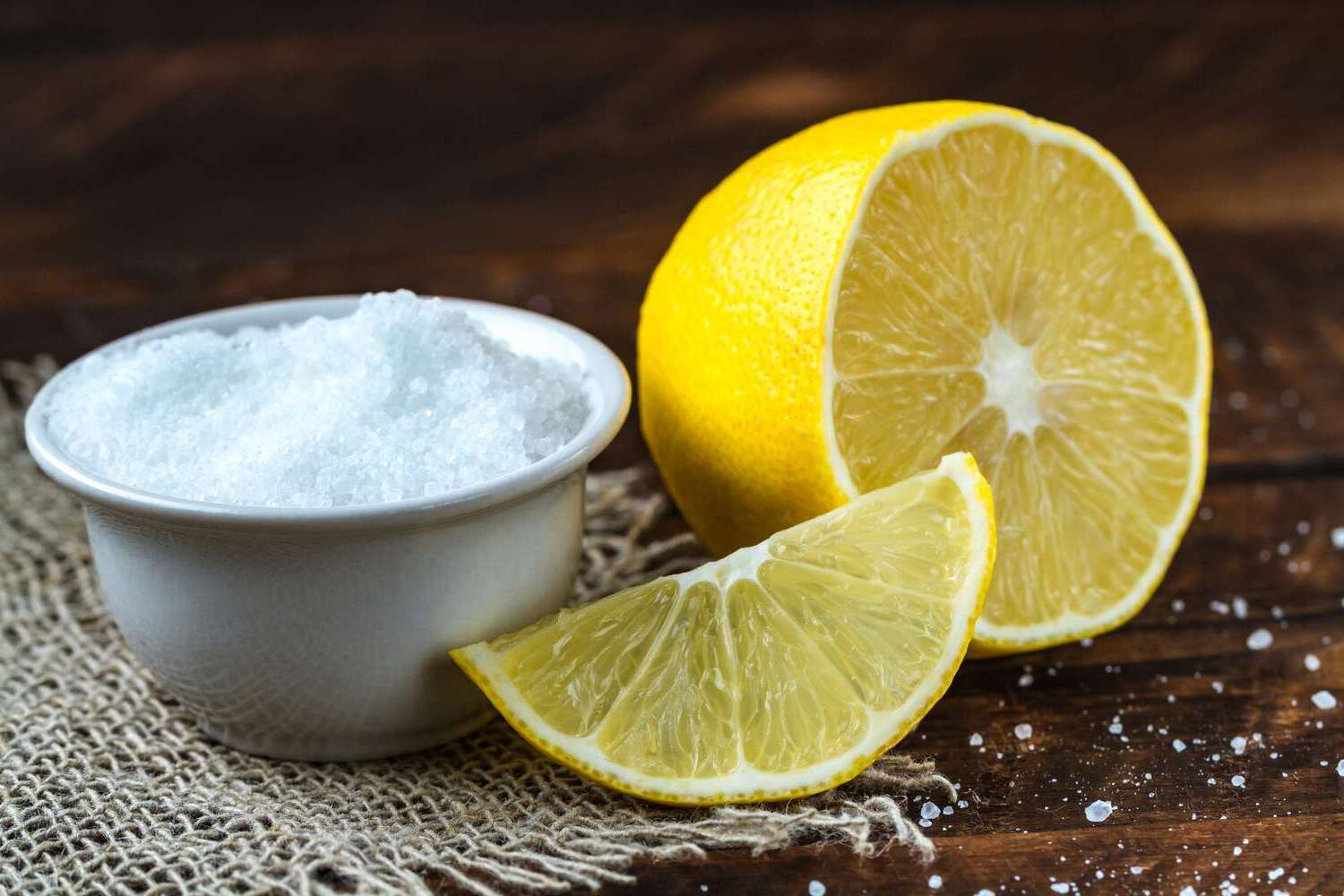
What is citric acid? This common compound, found in citrus fruits like lemons and oranges, plays a huge role in our daily lives. Citric acid is not just for adding a tangy flavor to your favorite lemonade. It’s a natural preservative, a cleaning agent, and even a key player in our body's energy production. You might find it in your kitchen, bathroom, or even in your skincare products. But how much do you really know about this versatile substance? Get ready to uncover some surprising facts about citric acid that will make you see it in a whole new light.
What is Citric Acid?
Citric acid is a natural compound found in citrus fruits like lemons, limes, and oranges. It has a tangy taste and is used in various industries, from food to cleaning products. Here are some fascinating facts about citric acid.
-
Natural Occurrence: Citric acid is naturally present in citrus fruits. Lemons and limes have the highest concentrations.
-
Chemical Formula: The chemical formula for citric acid is C?H?O?. It consists of carbon, hydrogen, and oxygen atoms.
-
Discovery: Carl Wilhelm Scheele, a Swedish chemist, discovered citric acid in 1784 by crystallizing it from lemon juice.
-
Food Preservative: Citric acid acts as a preservative in many foods and beverages. It helps prevent spoilage and extends shelf life.
-
Flavor Enhancer: It enhances the flavor of many foods and drinks, giving them a tangy or sour taste.
Uses in Food and Beverages
Citric acid is widely used in the food and beverage industry. Its versatility makes it a popular ingredient in many products.
-
Soft Drinks: Many soft drinks contain citric acid for its tangy flavor and preservative qualities.
-
Candies: Sour candies often use citric acid to achieve their tart taste.
-
Dairy Products: It helps stabilize dairy products like cheese and yogurt.
-
Canned Foods: Citric acid is added to canned foods to maintain their color and flavor.
-
Baking: Bakers use it to activate baking soda, which helps dough rise.
Health Benefits and Uses
Citric acid isn't just for flavor and preservation. It also offers several health benefits and uses.
-
Kidney Stones: Citric acid can help prevent kidney stones by binding with calcium in urine.
-
Antioxidant Properties: It has antioxidant properties that help protect cells from damage.
-
Skin Care: Citric acid is used in skincare products to exfoliate and brighten the skin.
-
Metabolism: It plays a role in the citric acid cycle, a key metabolic pathway that provides energy to cells.
-
Vitamin C: While not the same as vitamin C, citric acid can enhance the absorption of this essential nutrient.
Industrial and Household Uses
Beyond food and health, citric acid has numerous industrial and household applications.
-
Cleaning Products: Citric acid is a common ingredient in cleaning products due to its ability to break down stains and limescale.
-
Water Softening: It helps soften water by chelating metals like calcium and magnesium.
-
Cosmetics: Many cosmetics use citric acid to adjust pH levels and improve product stability.
-
Textile Industry: It is used in the textile industry to dye and print fabrics.
-
Photography: Citric acid is used in photographic developers to adjust the pH of the solution.
Environmental Impact
Citric acid is considered environmentally friendly. It is biodegradable and has a low toxicity level.
-
Biodegradable: Citric acid breaks down easily in the environment, making it an eco-friendly choice.
-
Low Toxicity: It has a low toxicity level, posing minimal risk to humans and animals.
-
Renewable Source: Citric acid can be produced from renewable sources like corn and sugar beets.
-
Waste Reduction: Using citric acid in cleaning products can reduce the need for harsher chemicals, leading to less environmental pollution.
-
Safe for Septic Systems: It is safe for septic systems, unlike some chemical cleaners that can harm the bacteria needed for waste breakdown.
Fun Facts
Here are some fun and lesser-known facts about citric acid that might surprise you.
- Sour Taste Test: Citric acid is often used in taste tests to measure sourness levels in foods and beverages.
The Final Squeeze
Citric acid, a versatile compound, plays a crucial role in everyday life. Found naturally in citrus fruits, it’s used in food preservation, cleaning products, and even skincare. This organic acid helps balance pH levels, acts as a natural preservative, and enhances flavors in various dishes. Its chelating properties make it effective in removing limescale and rust, proving its worth in household cleaning.
Beyond the kitchen and home, citric acid contributes to medical and industrial applications. It’s used in pharmaceuticals to stabilize active ingredients and in the production of biodegradable plastics. This compound’s environmental benefits, coupled with its wide range of uses, highlight its importance.
Understanding citric acid’s multifaceted roles can help you appreciate its presence in daily life. Next time you enjoy a tangy lemonade or clean with a natural product, remember the humble citric acid working behind the scenes.
Was this page helpful?
Our commitment to delivering trustworthy and engaging content is at the heart of what we do. Each fact on our site is contributed by real users like you, bringing a wealth of diverse insights and information. To ensure the highest standards of accuracy and reliability, our dedicated editors meticulously review each submission. This process guarantees that the facts we share are not only fascinating but also credible. Trust in our commitment to quality and authenticity as you explore and learn with us.


